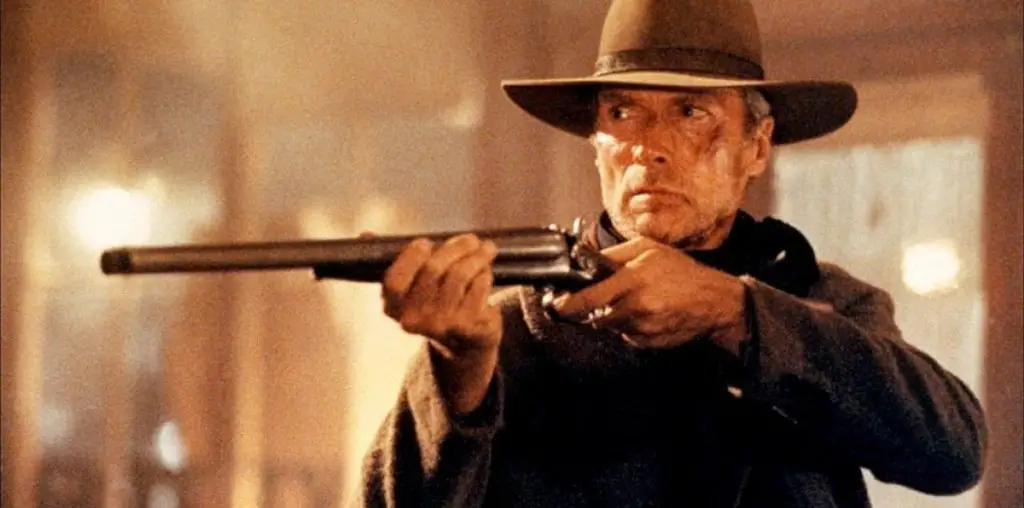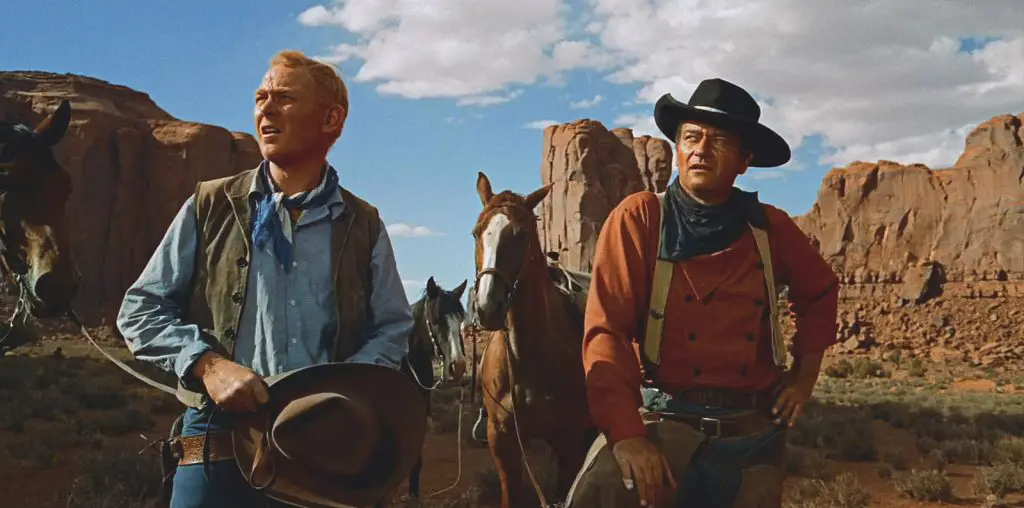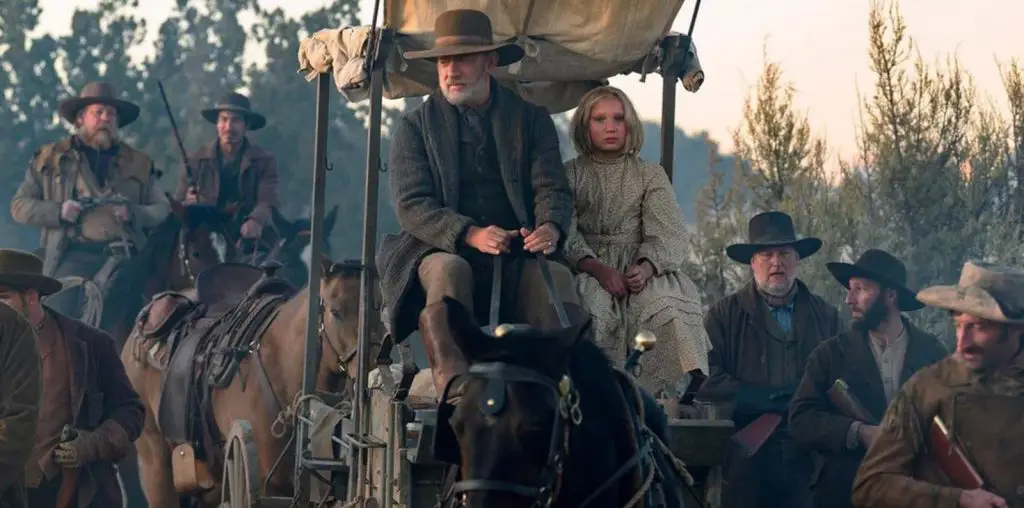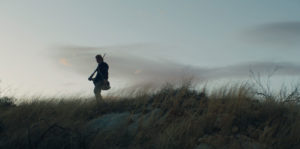
The War Between proves Correa has some tricks up her sleeve. It starts small and confined and, for the first act, seems to stay that way. We get the usual cliched fiddle and steel guitar music that always signals a Western film. Even the opening credits are in an old-timey font that wouldn’t be out of place in one of those touristy period garb sepia-toned photos people take on vacation. Early on, the impression sinks in that the story will hew to the usual tropes. It would be a mistake for a viewer to get comfortable with that idea.
As the story unfolds, the claustrophobic Enemy Mine vibe gives way to a broad expanse of desert landscapes and ideas, eventually taking on an unexpectedly epic scope. This contrast drives home how small and isolated the men are in an unforgiving land. Kudos to the filmmaker for this. The cinematography of the desert is beautifully done, and the sense of loneliness and danger all around is palpable. The complex characters come with various twists and turns. Israel proves to be a man of principle and compassion, while Moses has internalized the White European idea of Manifest Destiny. He believes deeply that slavery and subjugation of non-whites is his birthright, despite being, to all appearances, an otherwise decent person.
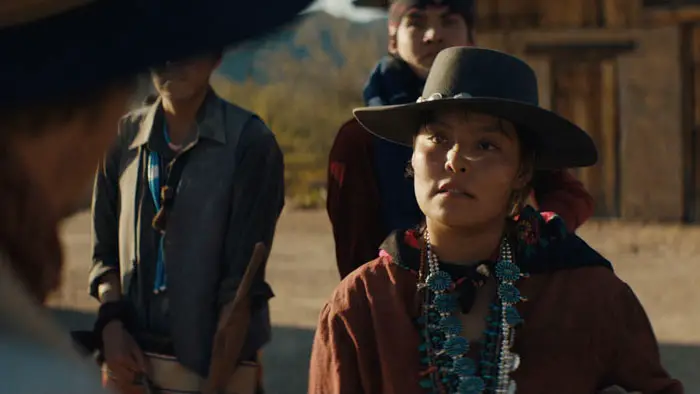
“…a soaring achievement…”
Cormac McCarthy imbued his stories with a purification ceremony he called “Sacred Violence,” intertwining cultural beliefs, spirituality, and the quest for order. The War Between honors that notion. In one telling moment, an Indigenous woman says to Israel that the divided White people do not know each other and that they will kill each other until they do. The observation is spot on. At its core, this film is a hard look at how political and cultural differences of all kinds shape the history of the United States lands and families. Given the current political and cultural landscape across the country, it seems that we have learned absolutely nothing in 150 years.
The War Between is a soaring achievement that starts with well-worn Western tropes. But it uses that familiar foundation to launch into a deep philosophical discussion of culture and nationalist zealotry at the expense of direct human compassion. We do not know each other, and we will keep killing each other until we do.
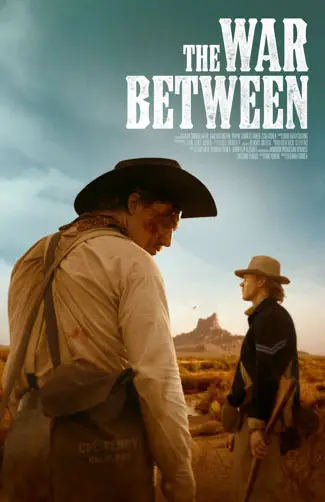
"…it seems that we have learned absolutely nothing in 150 years."
